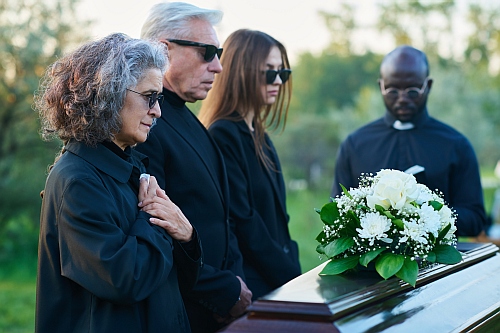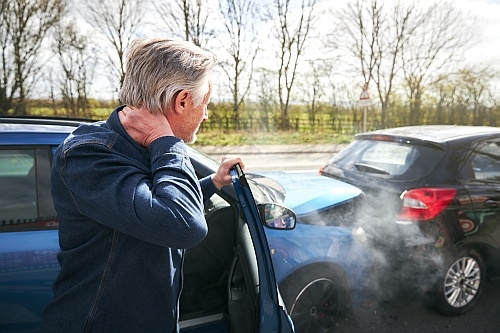A 2013 case arose when a Georgia man was stabbed outside a Mexican restaurant and sued both his attacker and the restaurant. His claim against the restaurant was based on the restaurant’s decision to continue serving the attacker alcohol even though it knew he was drunk and harassing restaurant patrons. The man claimed that the restaurant had negligently hired and supervised employees and had not provided adequate security.
On the night in question, the plaintiff was celebrating with his girlfriend and her family. When they arrived they were seated near the patron defendant who was already drunk. He harassed a female member of the group by asking about her fertility and name-calling. The group asked to be moved away from the problem patron. Other patrons also witnessed the patron’s cursing. Yet the restaurant continued to serve him alcohol and he continued to harass the plaintiff and his group, threatening a two-year-old child.
The manager responded to complaints by asking the patron to leave. The patron refused to pay his bill. This made the manager a little bit scared, but he didn’t think the person was a threat or dangerous to anybody at the restaurant. The manager couldn’t recall any situation in which a drunken patron had been asked to leave.
Two women from the group had gone outside to call 911 to report the drunken patron, bringing the toddler with them. The man called them names for reporting him to the police. Watching the commotion, the plaintiff came outside to protect the women. He told the drunken guy he didn’t know who he was messing with. He threw the first punch and then the patron stabbed him.
During the lawsuit the plaintiff found out that the patron’s electronic ticket had been erased from the computer and sought spoliation sanctions. The ticket would have shown how long the man had been at the restaurant and how much alcohol he drank and would have supported that it knew of the patron’s dangerous propensities. The restaurant asserted that erasing tickets was their normal practice when somebody walked out and failed to pay the bill.
The appellate court explained that the restaurant owed the plaintiff, as an invitee, a duty to exercise ordinary care. However, it was not an insurer of his safety. In Georgia, an intervening criminal act by somebody else usually shields a proprietor from liability except where the criminal act was foreseeable.
Even if an intervening criminal act is reasonably foreseeable, the true ground of liability is where a proprietor knows of a condition that puts the invitee at an unreasonable risk of harm.
In this case, the plaintiff had not presented evidence that a landowner should reasonably foresee the assault. There was no evidence of criminal activities that were similar at the restaurant or in the parking lot. There was also no evidence that the restaurant had seen similar incidents such that they should have known of his violent tendencies.
The plaintiff asserted that the restaurant should have known from the harassment that the patron could become violent. However, the court found that to the extent the restaurant should have known a drunk person could be violent, the plaintiff and the restaurant would have had equal knowledge of this possibility.
The appellate court affirmed the summary judgment and denied the plaintiff’s request for sanctions regarding the destruction of evidence. It explained that there was nothing to put the defendant restaurant on notice that it would be a defendant in a civil suit and therefore had to preserve the evidence.
If you are hurt or a loved one is killed due to negligence, you may be able to recover compensation for your losses. Experienced Atlanta personal injury attorney Terrence R. Bethune can evaluate your case and fight for any compensation you may deserve. Contact us at 404-875-7800 or via our online form.
More Blog Posts
What is an Ante-Litem Notice in Georgia? February 28, 2014
Proximate Cause in Georgia Car Accidents, February 13, 2014
Tandem Driving Theory of Liability in Georgia Car Accidents, February 4, 2014
Subject Related Articles

What to Do After a Hit-and-Run Accident
So you’ve just been in a hit-and-run accident. Your first thought is probably to chase down the other driver, but that may not be the
April 19, 2024

Difference Between a Wrongful Death Claim and an Estate Claim
So you’ve recently lost a loved one, and you’re not sure of the differences between a wrongful death claim and an estate claim. Don’t worry,
March 22, 2024

Elderly Driver Accidents in Macon: What to Do
Macon, Georgia, like many communities across the United States, faces a growing population of senior citizens. While this demographic shift brings undeniable benefits, it also
February 22, 2024





